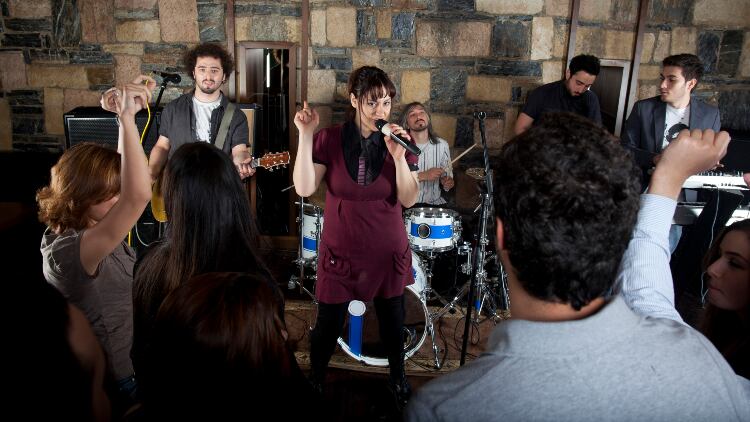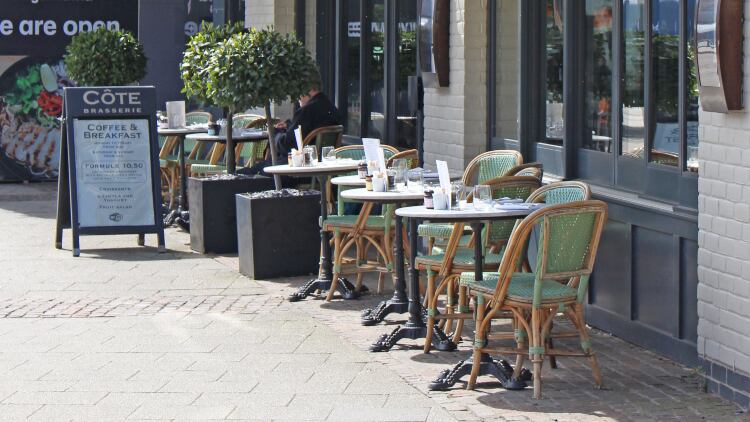This key date in the music diary, together with many other successful festivals and music events up and down the UK, are only possible when there is a thriving music industry eco-system.
The Department for Culture, Media and Sport (DCMS) published a report on live music in the spring, within which careful consideration is given to this eco-system and the issues that grassroots music venues are facing.
Smaller music venues, such as local and community pubs, have long been the stages upon which new acts have honed their skills and entertained audiences. Hosting live music can be the lifeblood of a venue as the music scene drives footfall to their door. The report notes the benefits for the night-time economy as a whole, quoting the Music Venue Trust that “for every £10 spent on a ticket in a grassroots music venue, £17 is spent elsewhere in the night-time economy”.
Venues have faced numerous challenges over the years and the Live Music Act 2012 (LMA) has helped a number of smaller venues by removing a layer of regulation. Briefly, the LMA permits licensed on-premises to host live music, without the need for a licence specifically permitting live music, where the audience is no greater than 500 people and the live music takes place between 8am and 11pm.
The DCMS report recognises that more could be done and puts forward a recommendation that the provisions of the LMA should be reviewed with a view to extending beyond the current 11pm terminal hour and 500 people audience limits.
Live music premises also face other challenges and the report puts forward a number of recommendations including the appointment of a statutory body to promote the protection of music venues and a review of the impact of business rate changes on the live music sector.
It remains to be seen if any of the recommendations put forward in the report gain traction as the Government continues to have its focus on Brexit.
Whether the recommendations in the DCMS report are taken further or not, live music has always been a significant part of UK culture. Despite facing enormous challenges over recent years, the bulging UK festival calendar suggests we still have a thriving music scene, with smaller venues such local pubs, at its heart.
Long may it continue.
For any legal enquiries please visit Poppleston Allen's website.




